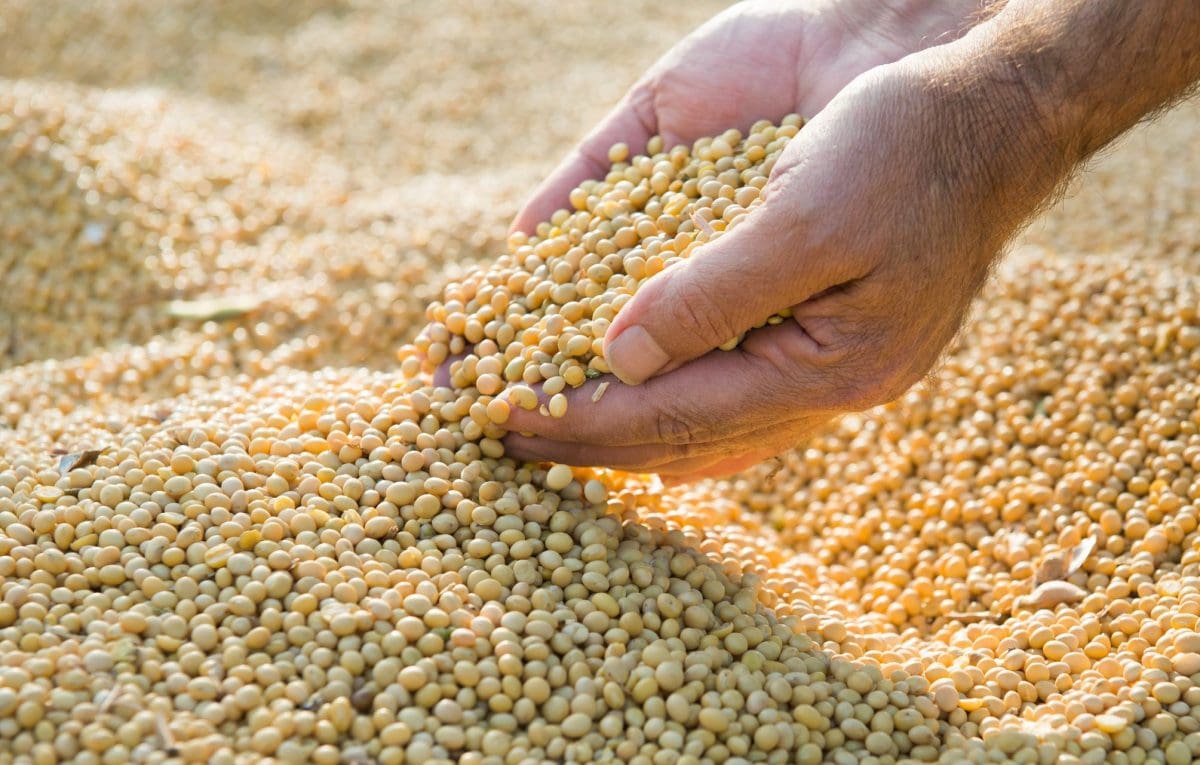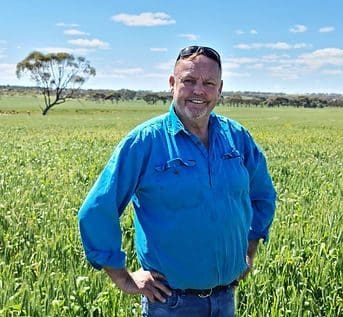
Industry groups want Australia growers to have more access to manufacturers working in the plant-protein market. Photo: LDC
GRAIN industry groups are calling on the Australia Government to work with businesses to maximise the opportunities for the plant protein sector to grow.
The call follows the release of the Rural and Regional Affairs and Transport Legislation Committee report: Don’t mince words: definitions of meat and other animal products.
The report included recommendations that the Federal Department of Agriculture, Water and the Environment, in partnership with the CSIRO, should examine measures to strengthen the plant-based protein product sector’s capacity to source its products from Australian growers.
It also recommended this approach to support investment opportunities into the product sector’s manufacturing infrastructure, to foster competitiveness and market opportunities on the international market.
Grain Producers Australia (GPA) chair and Western Australia producer Barry Large, said Australian farmers and researchers were working to produce high-quality and high-yielding plant proteins.

GPA chair Barry Lange. Photo: GPA
“GPA backs this investment approach with the Grains Research and Development Corporation supporting projects focused on delivering commercial crop breeding improvements with genuine value-adding opportunities for Australian grain producers,” Mr Large said.
“This includes current work to develop new soybean varieties for the Australian marketplace with potential benefits, such as, increased grain yield and adaptation to different target production zones and better disease resistance and grain quality.
“If our farmers are growing and selling Australian soybeans to produce the protein concentrate needed to make these plant-based protein products, to feed domestic or global consumers.
It means local manufacturers are not importing this concentrate from overseas, that’s been made with grain grown by our global competitors.
“Growing grains locally to feed an increased manufacturing sector is an appetising way to bolster the economic strength and sustainability of Australian grain growing communities,” Mr Large said.
CSIRO Health & Biosecurity director Michael Robertson said there was huge potential for increased local soybean production.
“With the market cues we’re receiving…we believe there could be an opportunity to quadruple the area of soybean in northern New South Wales and southern Queensland,” Dr Robertson said.
“There are huge opportunities for growing that little industry into something much more significant and bringing benefits to regional Australia as a consequence.”
The report said a similar benefit was identified for the oilseed sector, with the advancement of manufacturing technology that enables the extraction of plant protein from canola meal that is suitable for the human food chain.
Cohesive approach needed
GPA grower director Mark Schilling said if the domestic market was forecast to reach $6.6 billion by 2030 with 6000 jobs, as plant-based protein manufacturers claim, policy and regulatory frameworks were needed to ensure they incentivise and optimise potential outcomes and shared benefits.
He said many grain producers were also livestock producers and recognised the value-adding opportunities that go with the increased global and local demand for natural, animal-based proteins, and therefore the subsequent demand for quality Australian feed-stock grains.
“That’s why GPA supports a cohesive, strategic approach to promote innovation and product development for plant-based proteins, to ensure we capture and optimise mutual growth opportunities, while encouraging supply chain investment,” Mr Schilling said.
Source: GPA

HAVE YOUR SAY